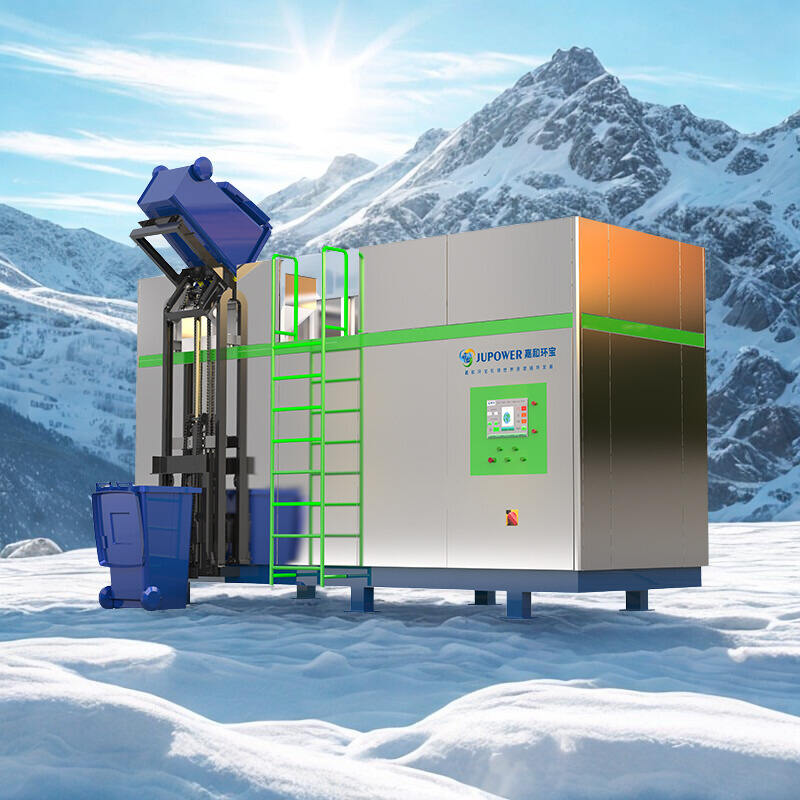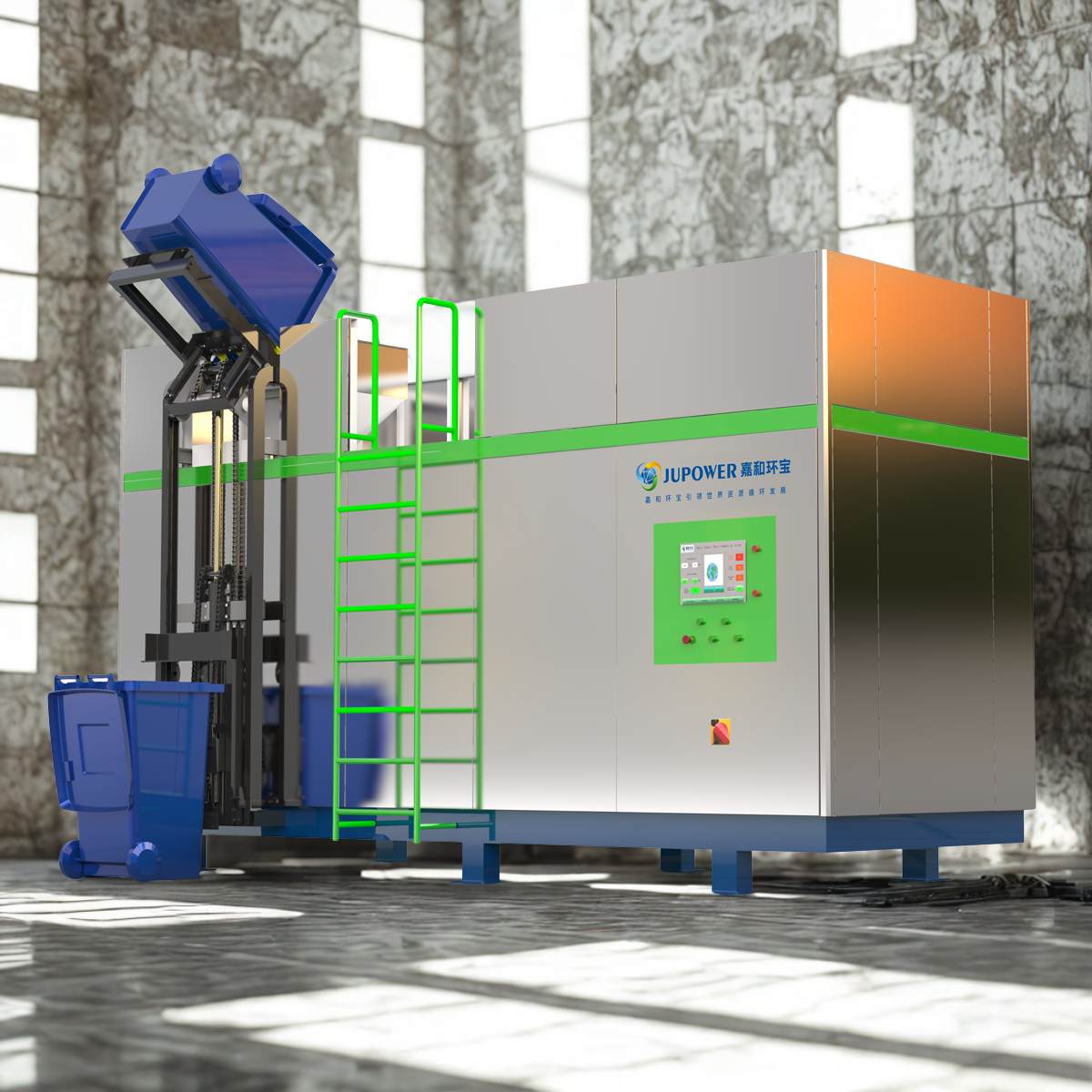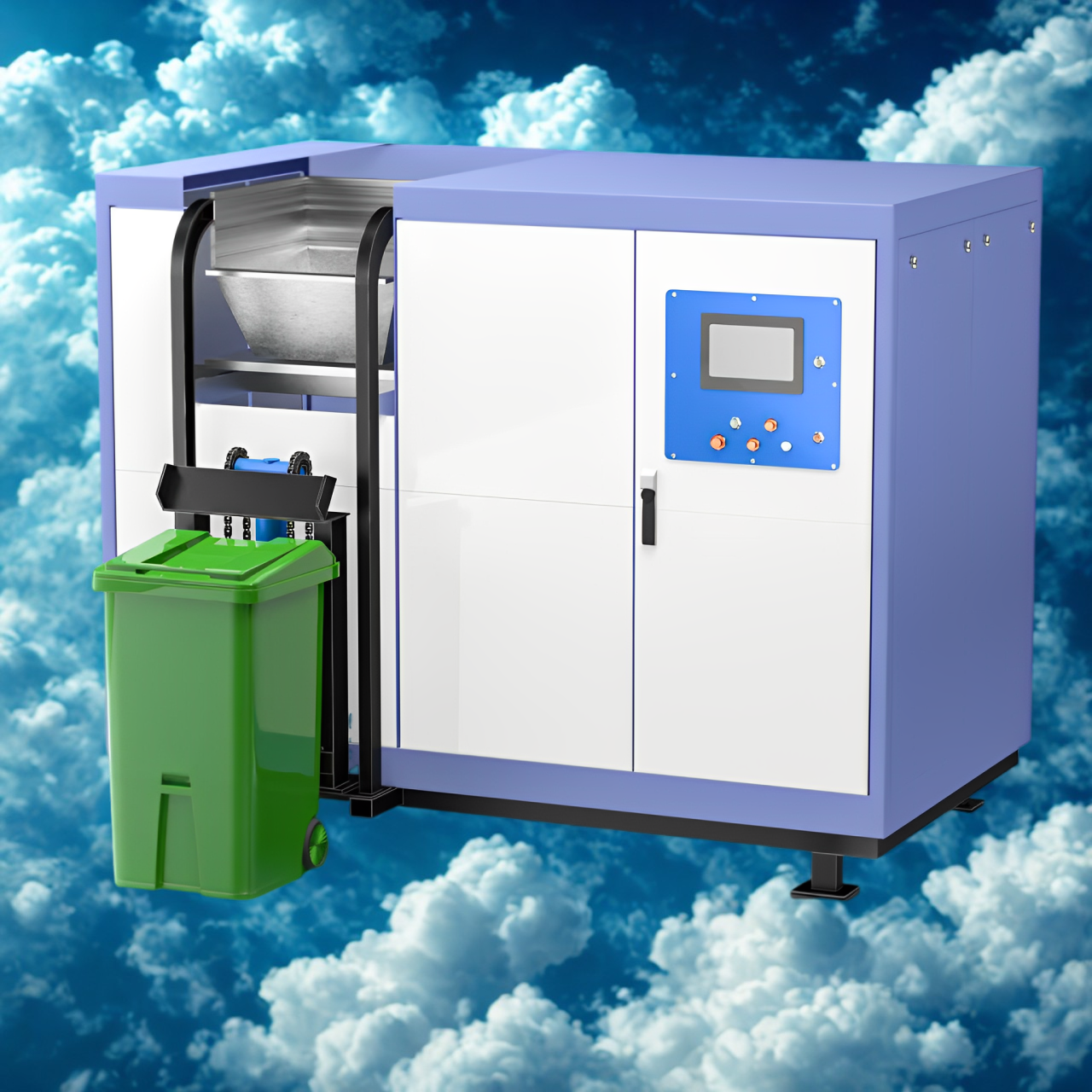compost machine price
The compost machine price represents a significant investment consideration for businesses and organizations looking to implement sustainable waste management solutions. Modern composting machines typically range from $5,000 to $50,000, depending on capacity and features. These systems efficiently transform organic waste into valuable fertilizer, offering various processing capacities from 100kg to several tons per day. Advanced models incorporate automated temperature control, moisture regulation, and oxygen monitoring systems to ensure optimal decomposition conditions. The price variation reflects technological sophistication, with higher-end models featuring touchscreen interfaces, remote monitoring capabilities, and smart sensors for process optimization. Entry-level machines provide basic composting functionality, while premium models offer comprehensive waste management solutions with integrated shredding, mixing, and curing capabilities. The price structure often correlates with construction quality, utilizing corrosion-resistant materials and energy-efficient components that contribute to long-term durability and reduced operating costs. Many manufacturers offer customization options, allowing businesses to select features that align with their specific needs and budget constraints.


